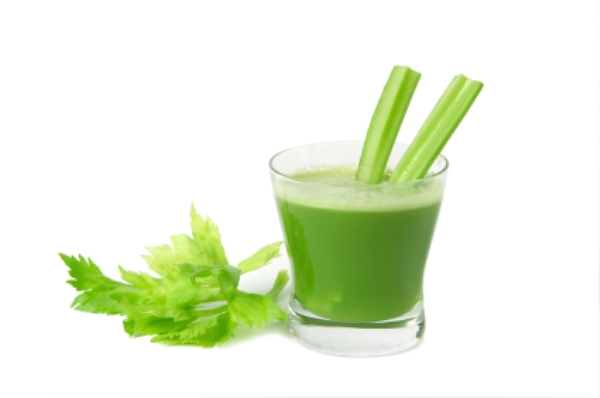Home » natural health »
NUTRIENT-DENSE SUPERFOODS: All of Nature’s Nutrients. part 1
While nature typically endows vegetables and other foods with generous amounts of individual nutrient complexes, some seem specially favoured and contain unusually broad arrays of nutrients in high concentrations. These nutrient-dense ‘superfoods’ provide for the growth of future generations of each species by gathering together every single nutrient expected to play a role in propagating the next generation. Seeking out such germinative foods would not only provide all synergistic nutrients without a single missing link, but would also supply any yet to be discovered nutrients. Especially if you don’t eat a wide variety of protein foods and fresh vegetables, you should be sure to take advantage of at least one of these superfoods.
Supplements of these unique sources of nourishment are quite popular of late, although the concept is hardly new. The broad blend of nutrient complexes in brewer’s yeast and liver extracts appealed to nutritionists two generations ago. Sadly, our antibiotic indulgences and other factors have given rise to millions of people with an overgrowth of the Candida albicans bacteria who cannot tolerate yeast in any form. Liver extracts, a concentrated source of most nutrients, have also fallen into disfavour tainted by their association with the panoply of pesticides, hormones and toxic chemicals flooding our livestock and the earth’s ecosystem.
Fortunately nature distributed the nutrient wealth to many other substances. Of them, I’ve selected a few favourites – barley and wheat grass, chlorella, spirulina, bee pollen, bee propolis and royal jelly.
BARLEY AND WHEAT GRASS JUICE:
The essence of sprouting grains
King Nebuchadnezzar of ancient Babylonia ate nothing but grasses for seven years to regain his health and mental clarity. I don’t know if he started the first fad diet, but I do suspect that his meal plan represented the first medicinal use of cereal grasses.
Right out of the ground, wheat, barley, kamut and other grains are extraordinarily high in vitamins, minerals, chlorophyll, amino acids and other nutrients. As the grains grow, their carbohydrate counts increase and the nutrient concentration declines considerably. By the time they’re harvested, milled, processed and packaged, they hold little or none of their initial nutritional value. However, ingesting concentrated forms of the young sprouts gives us a wonderful array of the whole food’s therapeutic support.
Lab analyses show that extracts of wheat grass and barley contain compounds that may help protect cells from becoming cancerous. Although we don’t know if long-term use will actually prevent cancer in people, scientists have verified that the protective action is unique to the grasses and independent of any nutrient. The immune system also benefits.
SUPPLEMENT SUGGESTIONS
Barley and wheat grass extracts are available in tablet and powdered form, but devotees insist that freshly juiced beverages, often called ‘green drinks’, are more therapeutic.
The taste can be hard to take, yet many of my patients have reported overcoming serious illnesses by going on a fast that’s punctuated with green juices. The powders and juices usually contain other health-promoting ingredients, such as herbal extracts and chlorella.
The concept of green drinks blends well with my overall dietary recommendations, although I suggest checking labels to see that the tonics or powders are low in carbohydrates and do not contain apple juice or other natural sweeteners. Even people who are sensitive to wheat can consume these products, because the proteins that might trigger allergic reactions have not yet formed in the young grasses.





